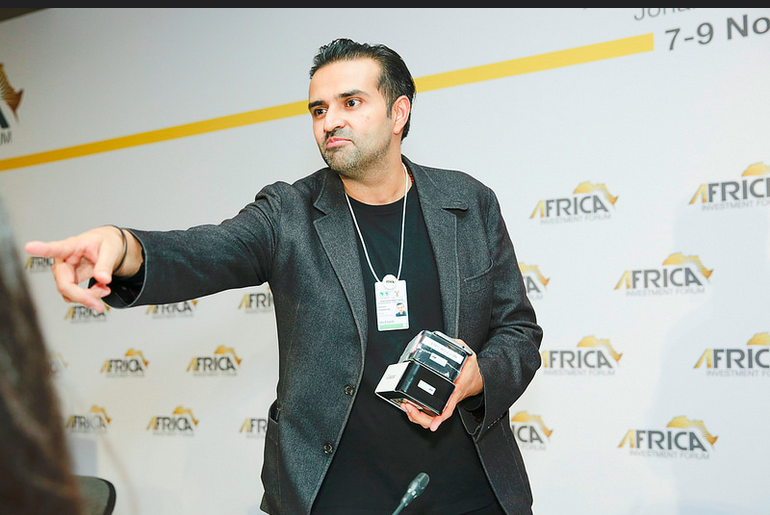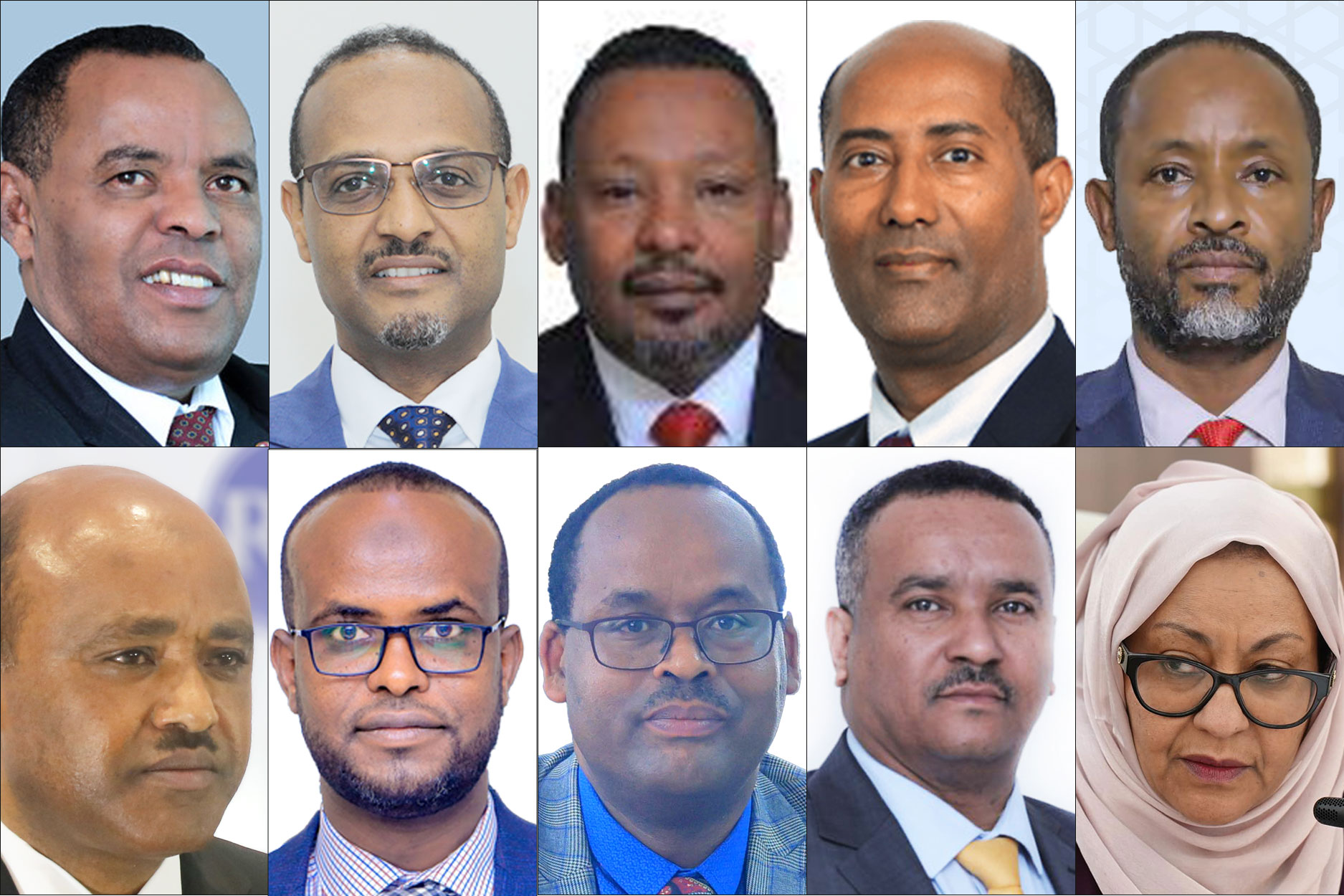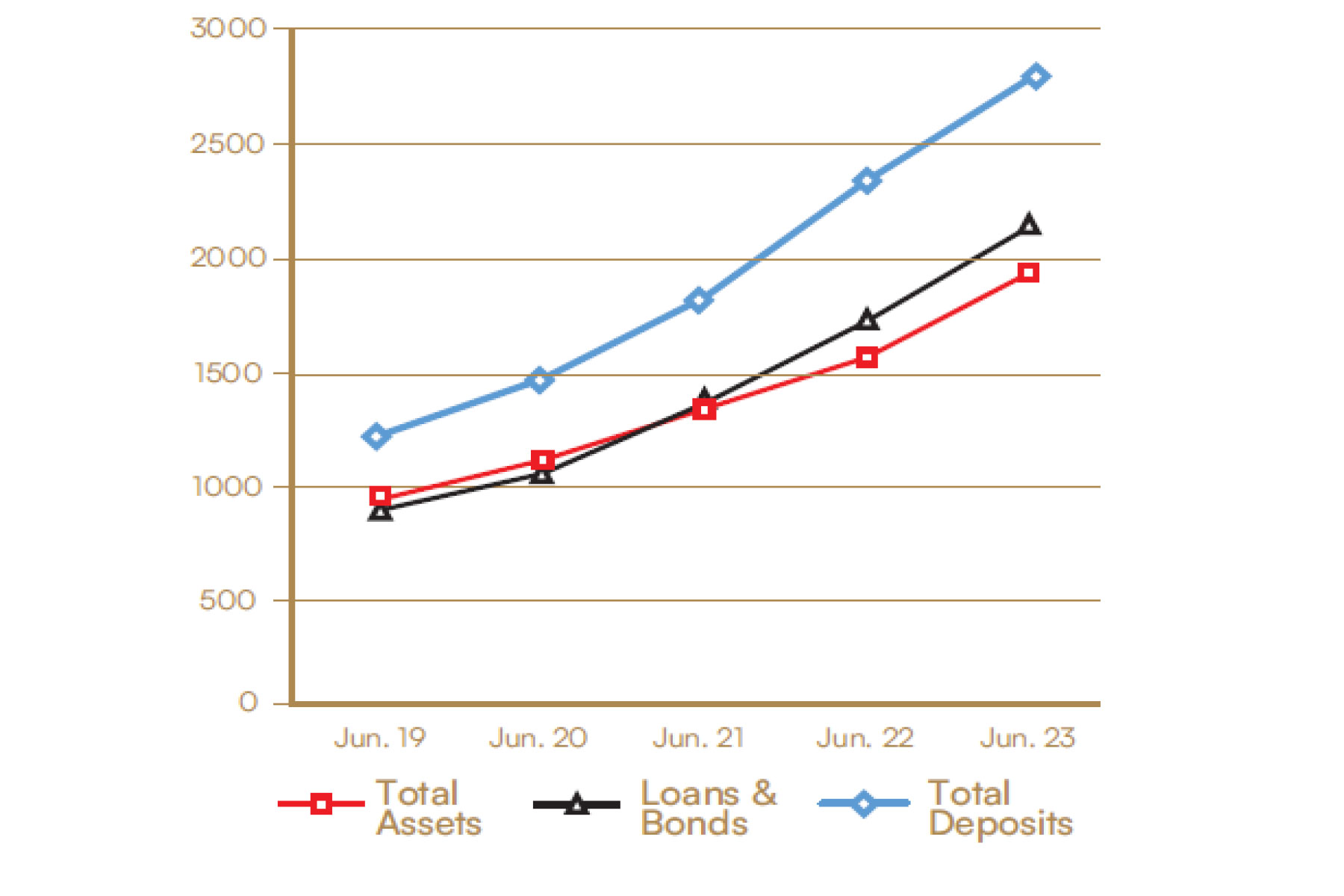
Fortune News | Mar 06,2021
Jul 13 , 2019
By Marcia Ashong
By 2050, one-quarter of the world’s population will be African, which means that one in eight people will be an African woman. Yet within the continent, let alone internationally, Africa’s women lack the economic clout their numbers might suggest. That disconnect has severe adverse implications for Africa’s prospects. In fact, the only way to tap Africa’s full potential is by dramatically improving women’s representation in the workplace, including in senior executive roles.
The contribution women can make to Africa’s future should be obvious. Worldwide, consumer spending – which is growing three times faster in emerging markets than in developed economies – is largely controlled by women. This implies a powerful incentive for companies to bring more women into their decision-making processes.
Yet, even as the number of women sitting on the boards of global companies rises, progress is slow and African women have been largely left out – with notable exceptions, such as Ngozi Okonjo-Iweala, a former Nigerian finance minister and World Bank managing director, who was appointed to the board of Twitter last year, undoubtedly because of the platform’s growing popularity in Africa. But Okonjo-Iweala is an outlier – few African women hold similarly influential positions at global corporations.
African women are barely present even in boardrooms within Africa, where 95pc of CEOs are men. According to data from the African Development Bank, women hold only 12.7pc of the board seats in Africa’s top listed companies.
This reflects a broader lack of gender equality across the African private sector that is preventing the continent’s economies from reaching their full potential. New research from the International Monetary Fund shows that countries ranked in the bottom 50pc for gender equality globally – including large African economies like Ethiopia, Morocco, and Nigeria – could add a whopping 35pc to their economies, on average, by bringing more women into the workplace. Having more women in senior leadership roles is critical to catalyzing a shift, given the powerful role that diversity at the top plays in shaping organizational priorities. As Africa is already home to six of the world’s ten fastest-growing economies, achieving gender balance in the workplace could deliver a significant boost to global growth.
This growth “bonus” reflects more than just an expanded labour force; a large body of research shows that companies benefit substantially when they include more women, with their unique talents, skills, and perspectives. For example, research by the McKinsey Global Institute reveals that businesses achieve higher financial returns when led by boards with greater ethnic and gender diversity.
Likewise, according to MSCI, a leading provider of investment decision support tools, companies lacking in board diversity have an above-average likelihood of enduring governance-related controversies. Companies with a critical mass of women in senior leadership positions, meanwhile, tend to perform better on corporate social responsibility.
Ghana’s worst-ever banking crisis, which erupted in 2017, was the result of years of weak risk management and poor corporate governance. It is probably no coincidence that UT Bank and Capital Bank, the institutions that ultimately collapsed, lacked diversity in both their executive and non-executive leadership teams. Different backgrounds and cognitive styles are critical in order to avoid homogenous groupthink and manage risk effectively.
Companies that rank poorly in terms of gender equality often claim that there are simply too few woman candidates available who are qualified for non-executive-board leadership. But there are qualified women everywhere, and, thanks to rising female participation in higher education, their numbers are growing. In fact, women are more likely than men to complete their degrees; but, as they climb the career ladder, they disappear from the ranks. Corporate gender strategies must, therefore, address the dynamics that inhibit women’s career progression, from support networks to family leave and childcare, as well as policies addressing harassment in the workplace.
To find the female leaders they need, firms should also check their blind spots, including the biases, conscious and unconscious, that may be impeding the advancement of their female employees. Women should also be encouraged to join networks and work with organizations that focus on finding and cultivating strong female leadership in order to enhance their visibility for new opportunities and increase their influence in existing roles.
The rapid gains in female representation in African governments underscore the availability of highly qualified and capable women. In Rwanda, women hold over 60pc of parliamentary seats, the largest share in the world.
Senegal also ranks in the top ten countries worldwide in this regard. And in Ethiopia, Prime Minister Abiy Ahmed’s cabinet is 50pc female, and he has appointed Sahle-Work Zewde, the former United Nations representative to the African Union, as Ethiopia’s first female president.
According to the World Bank’s Women, Business and the Law report, in the last decade, Sub-Saharan Africa has implemented more reforms aimed at boosting women’s economic inclusion than any other world region, but these numbers are largely propelled by a handful of economies on the continent. It is time that these advances be reflected in more countries, as well as in the region’s private sector.
As African women make greater strides in getting their voices heard, governments and businesses within the region and around the world should embrace this trend and bring more of them into their executive teams and their boardrooms. Given Africa’s swelling population and growing international influence, the effects of such a shift will be profoundly positive.
PUBLISHED ON
Jul 13,2019 [ VOL
20 , NO
1002]


Fortune News | Mar 06,2021

Commentaries | Feb 23,2019

Viewpoints | Oct 12,2019

Viewpoints | Oct 30,2022

Radar | Feb 18,2023

Viewpoints | Feb 16,2019

Sponsored Contents | Sep 26,2021

Commentaries | Jun 04,2022

Featured | Nov 21,2018

Viewpoints | Jul 08,2023

Photo Gallery | 96110 Views | May 06,2019

Photo Gallery | 88379 Views | Apr 26,2019

My Opinion | 66988 Views | Aug 14,2021

Commentaries | 65714 Views | Oct 02,2021
My Opinion | Apr 13,2024

Feb 24 , 2024 . By MUNIR SHEMSU
Abel Yeshitila, a real estate developer with a 12-year track record, finds himself unable to sell homes in his latest venture. Despite slash...

Feb 10 , 2024 . By MUNIR SHEMSU
In his last week's address to Parliament, Prime Minister Abiy Ahmed (PhD) painted a picture of an economy...

Jan 7 , 2024
In the realm of international finance and diplomacy, few cities hold the distinction that Addis Abeba doe...

Sep 30 , 2023 . By AKSAH ITALO
On a chilly morning outside Ke'Geberew Market, Yeshi Chane, a 35-year-old mother cradling her seven-month-old baby, stands amidst the throng...

Apr 13 , 2024
In the hushed corridors of the legislative house on Lorenzo Te'azaz Road (Arat Kilo)...

Apr 6 , 2024
In a rather unsettling turn of events, the state-owned Commercial Bank of Ethiopia (C...

Mar 30 , 2024
Ethiopian authorities find themselves at a crossroads in the shadow of a global econo...

Mar 23 , 2024
Addis Abeba has been experiencing rapid expansion over the past two decades. While se...

Apr 13 , 2024
A severe financial stranglehold has been imposed on the banking industry, underminin...

Apr 13 , 2024 . By MUNIR SHEMSU
In an unprecedented move, the central bank has published its inaugural stress test report, uncovering potential fault lines within the finan...

Apr 13 , 2024 . By MUNIR SHEMSU
In a bold departure from its historical position on foreign investment, the federal government has opened...

Apr 13 , 2024 . By AKSAH ITALO
A proposed excise tax stamp system draws controversy amongst industry leaders in the alcohol, tobacco, be...